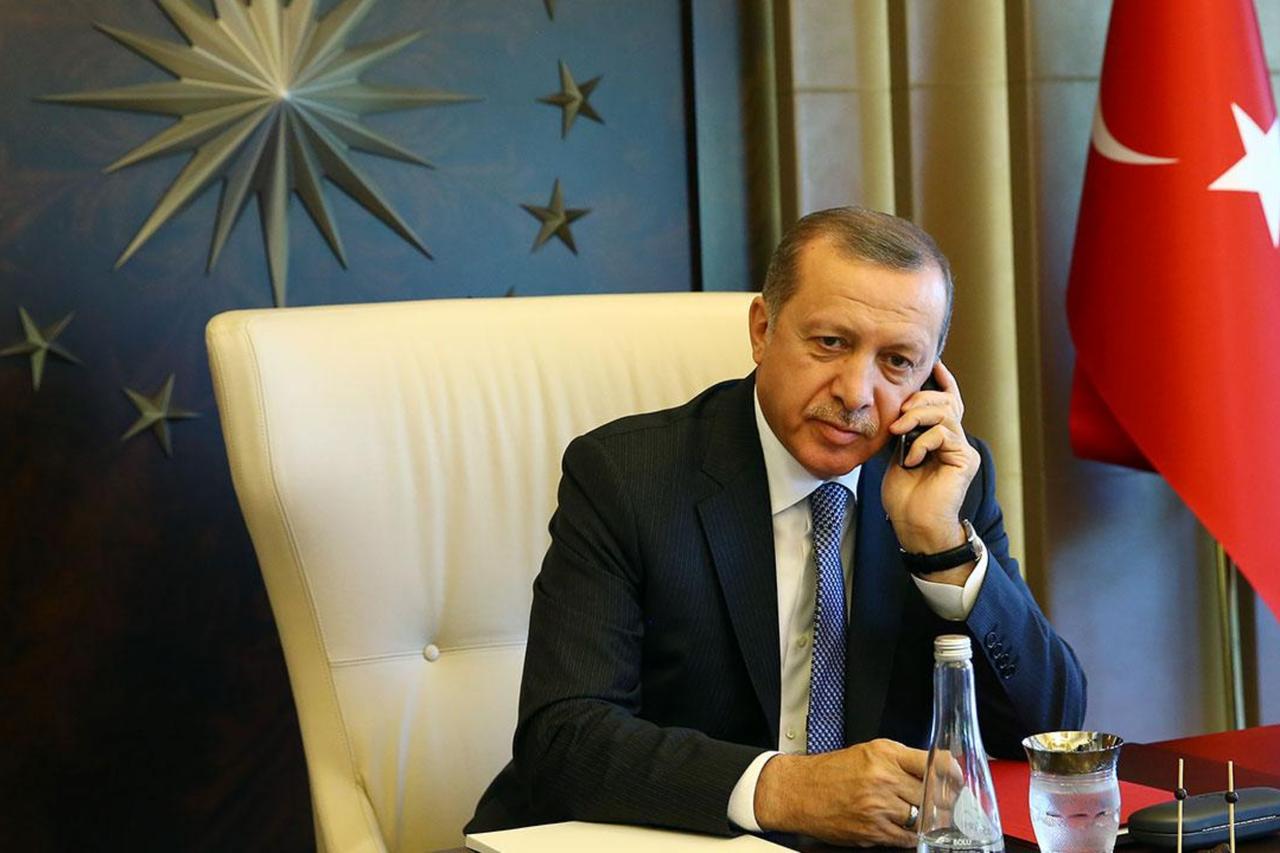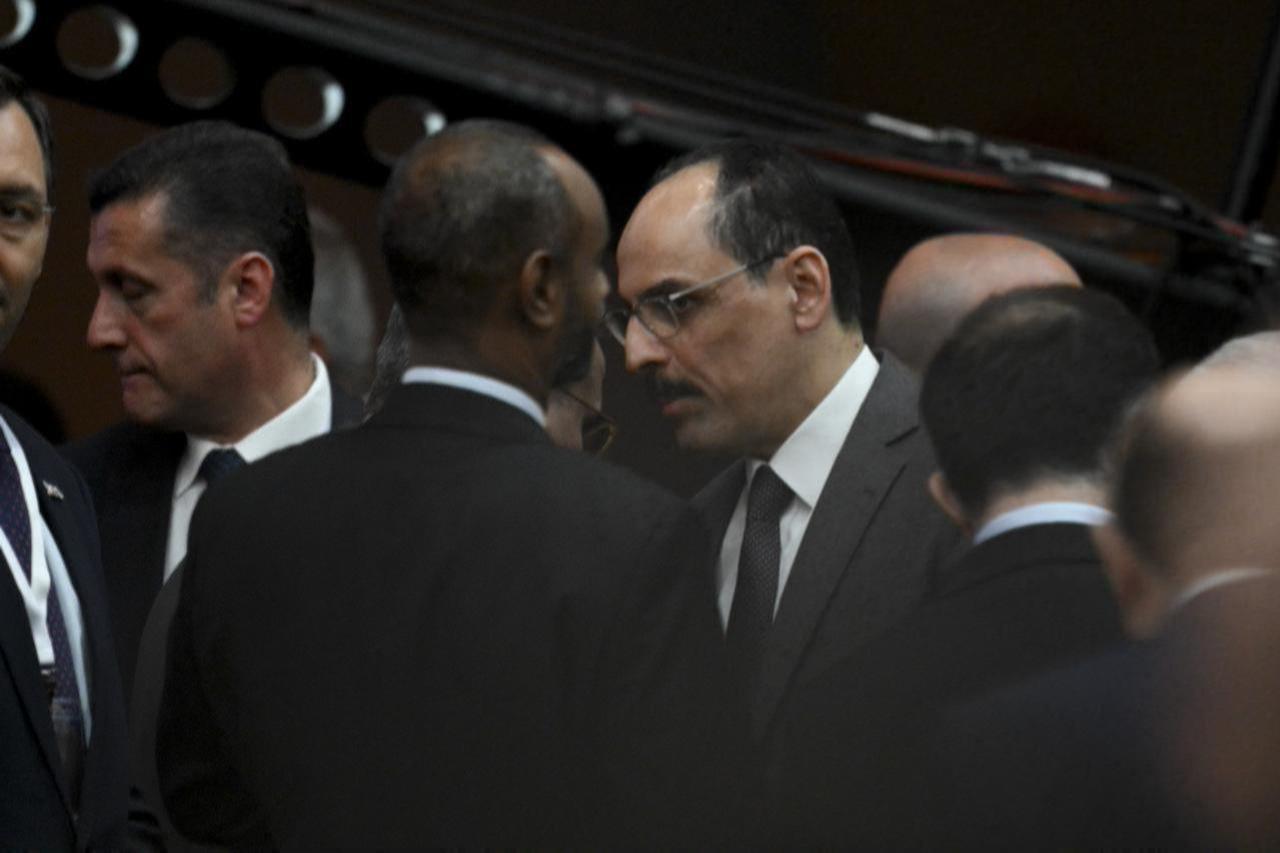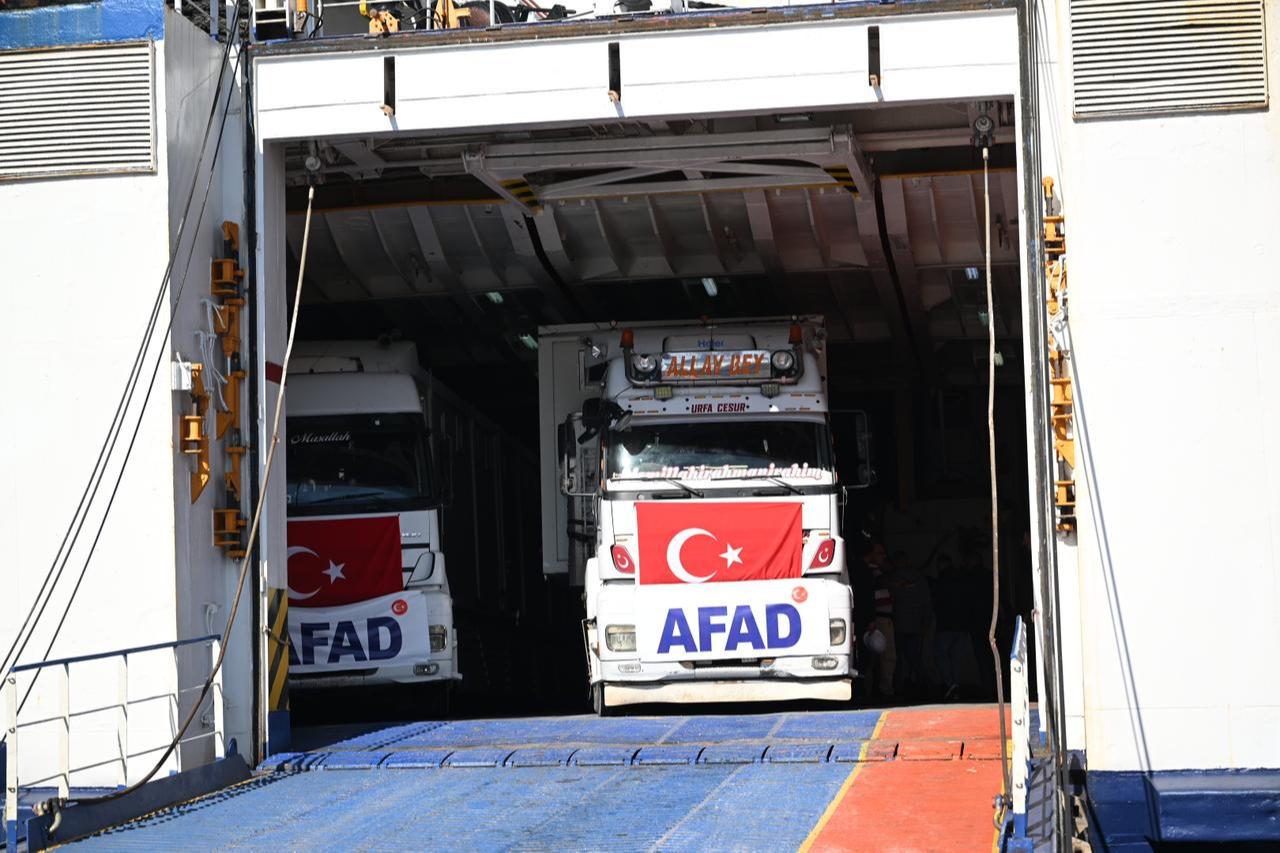
This article was originally written for Türkiye Today’s weekly newsletter, Saturday's Wrap-up, in its Oct. 11 issue. Please make sure you are subscribed to the newsletter by clicking here.
A slightly awkward truth: some Turkish conservatives were upset because Türkiye was involved in Gaza negotiations between Hamas and Israel.
Predominantly, former Justice and Development Party (AK Party) voters who now support smaller conservative parties demand that Türkiye should take a firmer stance against Israel instead of taking part in negotiations.
However, as it was revealed this week, Türkiye’s huge influence on Hamas played a pivotal role toward future peace—a fact that was always ignored by the Biden administration.
President Erdogan was called four times by the Turkish intelligence chief Ibrahim Kalin during negotiations in Sharm el-Sheikh, Hurriyet reported.
Erdogan instructed Kalin not to leave Egypt without a deal. Of course, Türkiye did not have full control over the successful deal, and this is not what Erdogan meant.

This shows how much the Turkish president valued the deal, especially as a way to demonstrate Ankara’s influence over Hamas—influence that could pave the way for such a scenario. An important projection of power in Trump’s eyes.
President Erdogan on Oct. 9 announced that Ankara will be part of the multinational mechanism set up to monitor the newly agreed ceasefire and help with stabilization and reconstruction in Gaza—a group that includes the United States, Egypt, and Qatar and may see the International Committee of the Red Cross (ICRC) in a supporting role.
That announcement was short on military detail and long on the promise that Türkiye will track implementation of the deal.
But what will Türkiye actually do?
Local reports point to a largely civilian profile: coordination, humanitarian logistics, and reconstruction support—with Türkiye’s Disaster and Emergency Management Authority (AFAD) repeatedly named as the likely coordinating body.

The Turkish and international press have been careful to note that Ankara’s emphasis, at least publicly, is on civilian engagement rather than an open combat role.
The task force’s first practical, on-the-ground mission is blunt and grim: locating and recovering the remains of hostages killed in the fighting, with the Red Cross set to assist during an early, tightly timed phase.
That’s the sort of work that’s technical and delicate—and, crucially, requires both sides to find it at least somewhat acceptable.
Now, about that domestic heat: some conservative circles in Türkiye reacted vehemently when they realized Ankara would be directly involved in ceasefire negotiations and post-ceasefire policymaking.
The anger isn’t mysterious—for many voters and commentators, the optics of sitting at a table with Israel do not feel great.
I won’t pretend that reaction doesn’t exist; it’s real but not politically consequential, as those expressing it likely no longer vote for the ruling AK Party, anyway.
Being at the table in Egypt gives Ankara leverage it didn’t have from the sidelines. In fact, this is what Ankara would want from the beginning of negotiations.
What to watch next? Will AFAD and Turkish nongovernmental organizations (NGOs) get quick, secure access for aid convoys? Can the task force successfully and transparently recover the remains and prevent local flare-ups while the ceasefire holds?